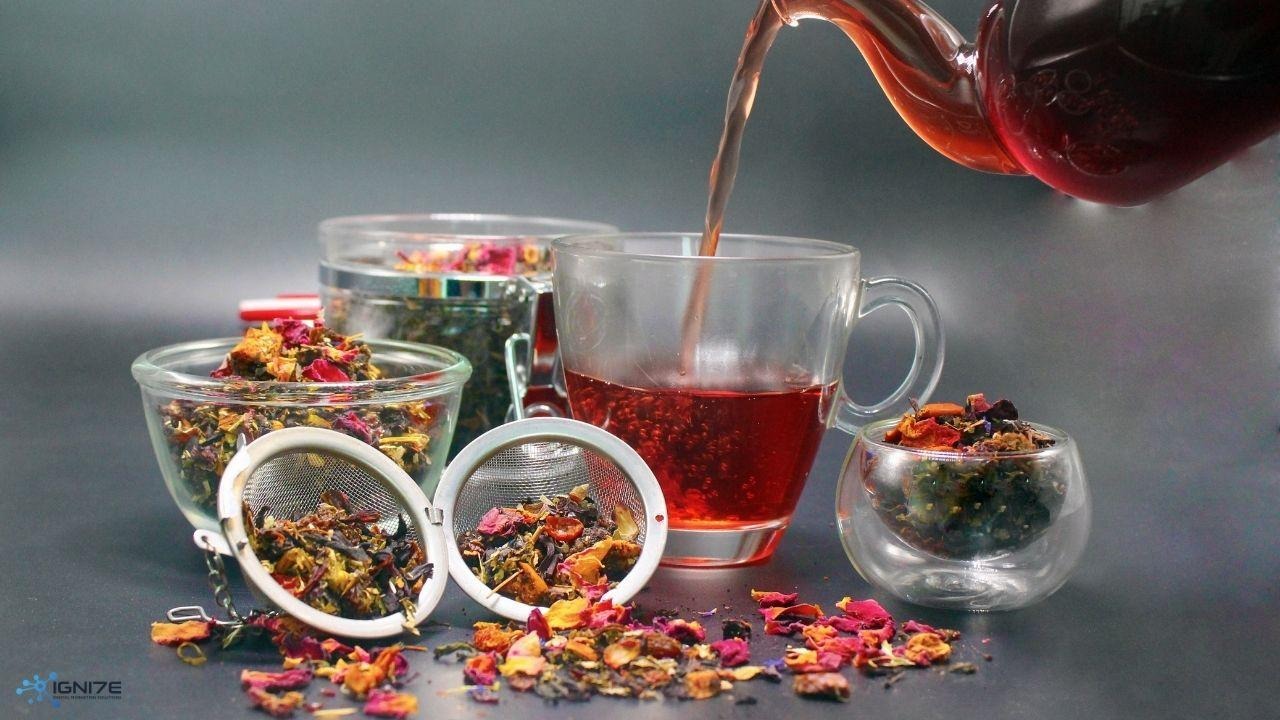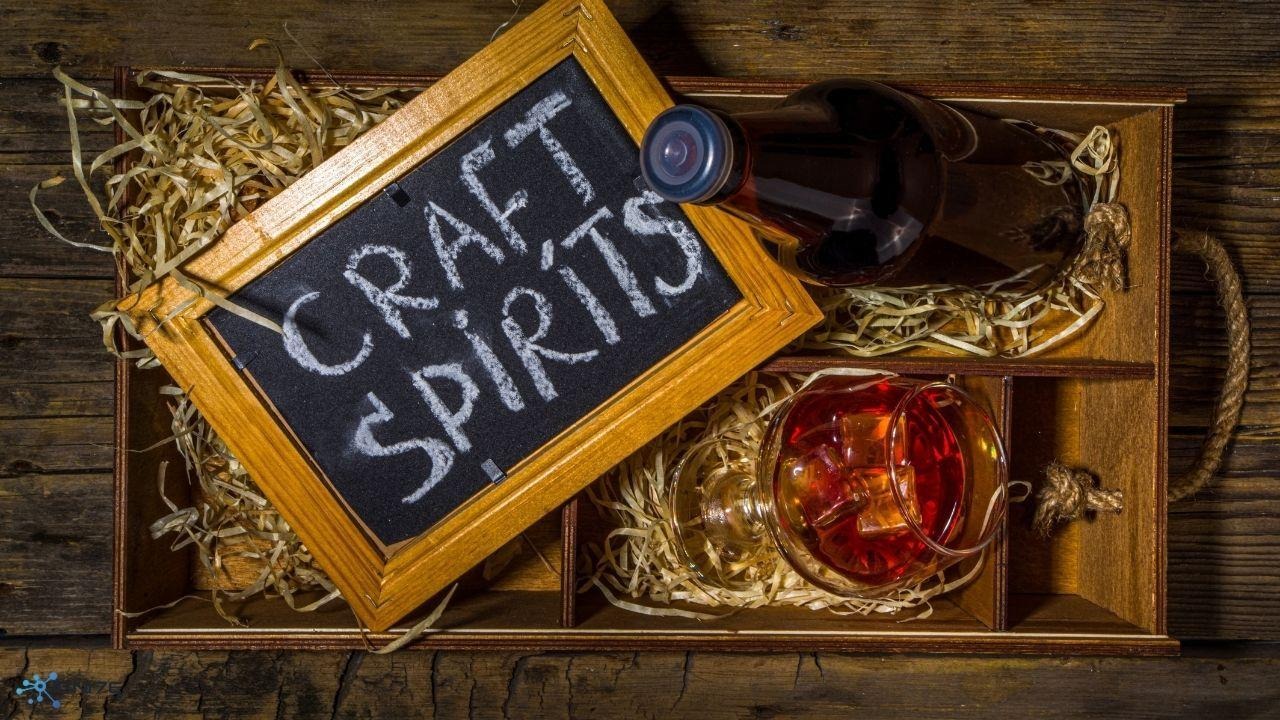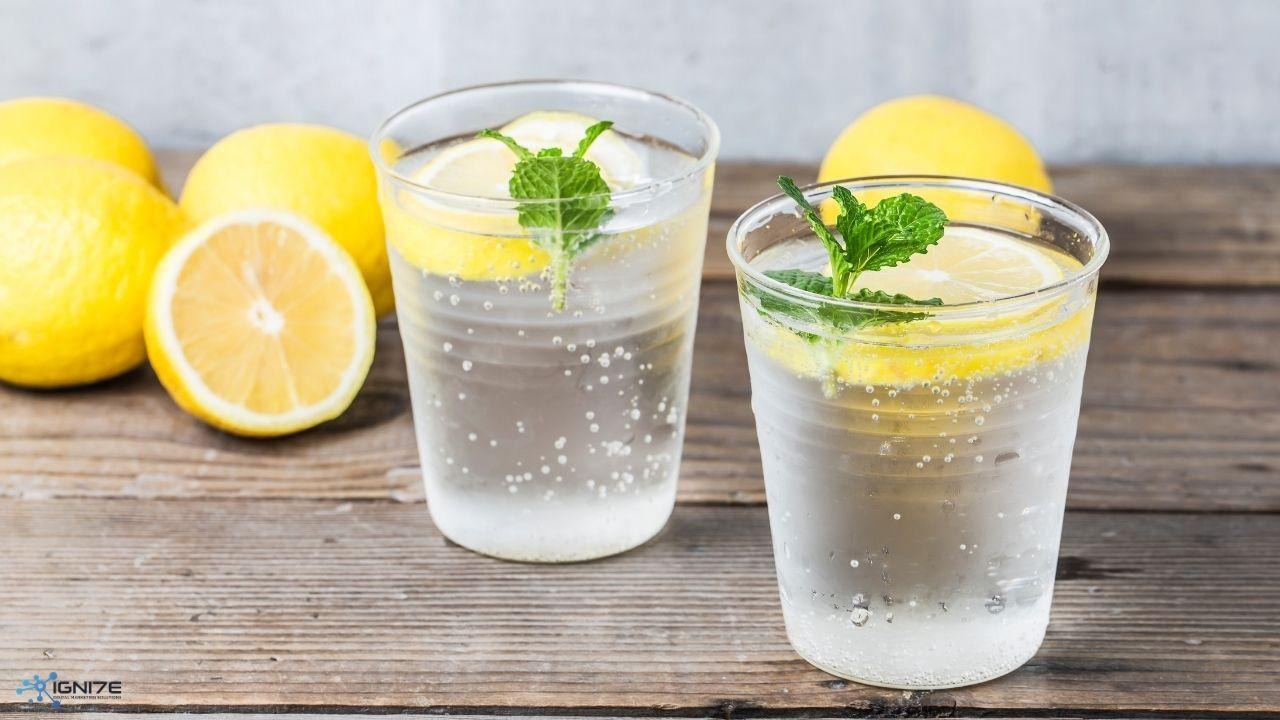Top 5 Unique Japanese Beverage Trends to Try in 2025

Japan’s beverage scene in 2025 is anything but ordinary. Known for blending ancient traditions with cutting-edge innovation, Japan keeps reimagining how we sip, hydrate, and boost our well-being. This year’s drink trends reflect the growing demand for function, flavor, and sustainability, from teas that double as skincare to soda with fermentation flair. Whether you're a wellness seeker, foodie, or traveler on the hunt for the next big thing, here are the top beverage trends making headlines across Japan.
Most Unique Japanese Beverage Trends in 2025
- Functional Teas and Adaptogen Drinks
- Zero-Alcohol Craft Sake & Spirits
- Sustainable, Upcycled Ingredients
- Fermented and Gut-Friendly Sodas
- Next-Gen Convenience Store Coffees
1. Functional Teas and Adaptogen Drinks

The adaptogen drinks market in Japan is experiencing significant growth, with projections estimating a revenue of USD 487.5 million by 2030. These beverages often feature ingredients like ashwagandha, mushrooms, and holy basil, aligning with the rising consumer interest in natural health solutions. Such drinks are increasingly available in cafes and retail outlets, reflecting their growing popularity.
2. Zero-Alcohol Craft Sake & Spirits

The demand for non-alcoholic options has led to the creation of beverages like Origami Sake's ZERO, the first national non-alcoholic sake in the U.S., offering the authentic taste of sake without the alcohol content.
Similarly, companies such as Gekkeikan have developed non-alcoholic beverages that emulate the flavor and aroma of traditional sake. These products cater to the growing sober-curious demographic.
3. Sustainable, Upcycled Ingredients

Sustainability is a key focus in Japan's beverage industry. Companies like CRUST Group are transforming food waste into beverages, such as their tomato beer brewed from surplus tomatoes. Additionally, Suntory has implemented 100% recycled PET bottles in products like GREEN DA KA RA Barley Tea, demonstrating a commitment to environmental responsibility.
On another hand, Japan's Fukuju Brewery has developed Eco Zero, a carbon-neutral sake that aligns with sustainable practices. Crafted using renewable energy and eco-conscious brewing methods, the drink comes in sustainable bottles made without labels—a pioneering example of how tradition and environmental responsibility can go hand in hand.
4. Fermented and Gut-Friendly Sodas

Fermented beverages are gaining traction in Japan, offering both taste and health benefits. For instance, the CRUST Group has introduced CROP’s Amanatsu Honey, a sparkling water made from upcycled amanatsu (Japanese summer orange) peels, providing a gut-friendly option for consumers. These innovative drinks cater to health-conscious individuals seeking functional beverages.
5. Next-Gen Convenience Store Coffees

Japanese convenience stores are enhancing their coffee offerings with technological advancements. At the 2025 Osaka Expo, 7-Eleven stores feature hydrogen-powered smoothie machines and robotic staff to assist customers. These innovations reflect the integration of technology in everyday retail experiences.
Conclusion
As we look deeper into Japan’s 2025 beverage landscape, one thing is clear—these trends are about more than just taste. They reflect the country’s broader shift toward health-conscious living, regional pride, and sustainable practices. Whether it’s sipping a zero-alcohol sake at a Tokyo bar, grabbing a probiotic soda from a vending machine, or exploring the latest upcycled tea collab from a rural prefecture, these drinks are redefining what it means to refresh. For anyone curious about what’s next in global beverage culture, Japan is serving it—cold, hot, or sparkling.















